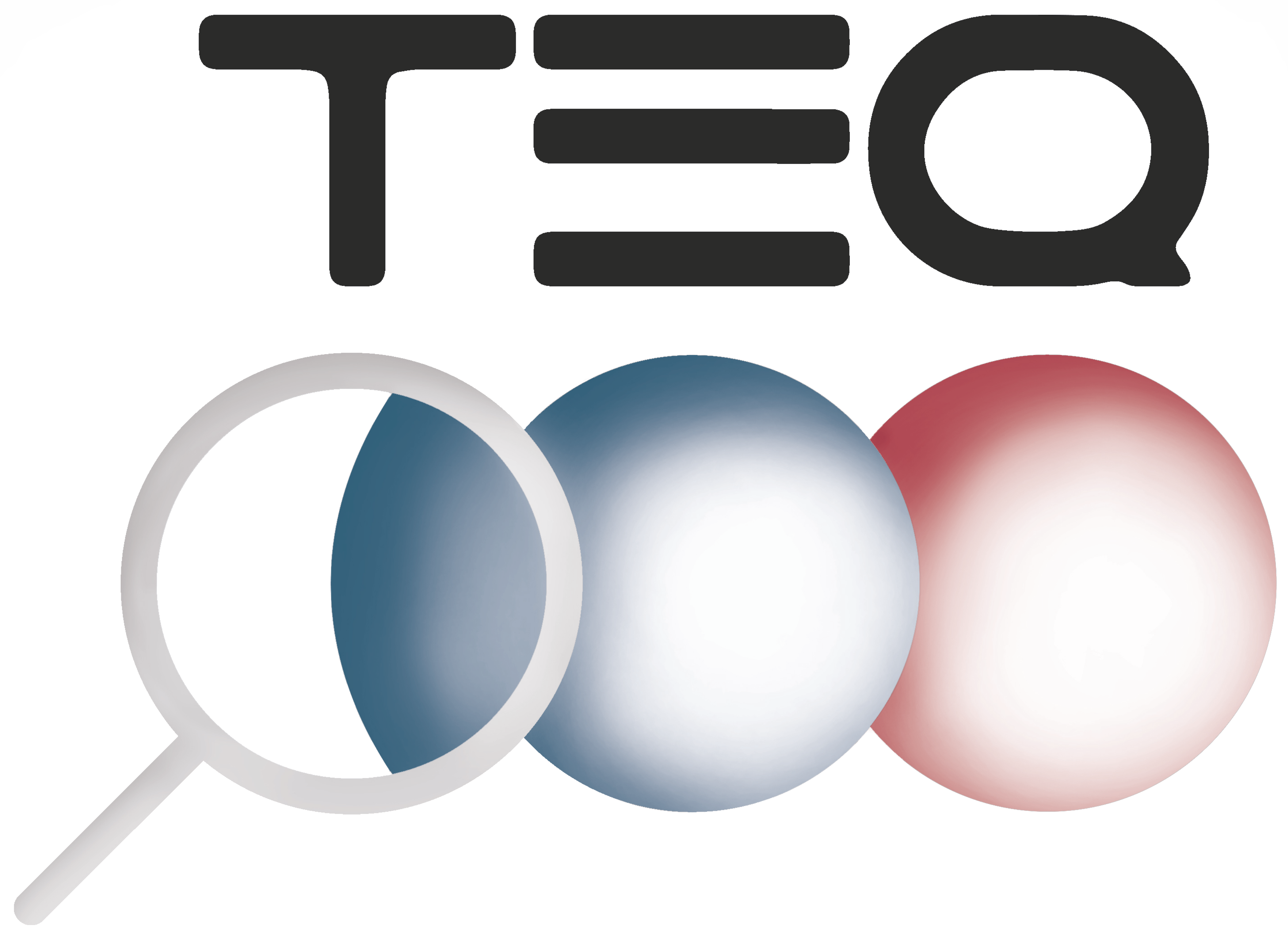From the theoretical point of view, since the famous Einstein-Bohr debate, quantum mechanics never stopped raising deep questions about its meaning. In particular, the transition from the microscopic world, where systems are observed in a superposition of quantum states, to the macroscopic world, where systems have well defined properties, such as position (the so-called “measurement problem”), still puzzles the scientific community and philosophers. For this reason, (some) scientists are pushed to look for explanations, including theories beyond the standard quantum one.
From the experimental point of view, quantum mechanics is, undoubtedly, the best verified available theory and a pillar to all our science. It is therefore a very compelling challenge to look for possible small violations predicted by alternative quantum theories. The aim is either to put stronger observational bounds on the new theories, i.e. on model’s parameters, or, much more exciting, to find a violation of standard quantum mechanics when compared with the new theories’ predictions. In this framework, a deeper understanding of the possible limits of validity of the quantum superposition principle is an interesting experimental challenge.
The workshop also represents the kick-off of the FQXi project (FQXi-RFP-CPW-2008) ICON: Novel intertwined theoretical and experimental approach to test the ORCHestrated Objective Reduction theory as physical basis of consciousness, and is supported by the UE-H2020-FETOPEN-2016-2017
TEQ project- Testing the Large-Scale limit of Quantum Mechanics (G.A. n. 766900 FET-TEQ).
The workshop takes place from December 10 9:00 am to December 11 6:00 pm. The full program can be found at Workshop: Is Quantum Theory exact? Exploring Quantum Boundaries. (10-11 December 2020): Timetable · Agenda (Indico) (infn.it). The list of contribution can be found at Workshop: Is Quantum Theory exact? Exploring Quantum Boundaries. (10-11 December 2020): Contribution List · Agenda (Indico) (infn.it)
Organizers:
Catalina Curceanu (LNF-INFN) – Chair
Magdalena Skurzok (LNF-INFN)
Kristian Piscicchia (Centrio Fermi)
Fabrizio Napolitano (LNF-INFN)
